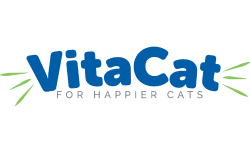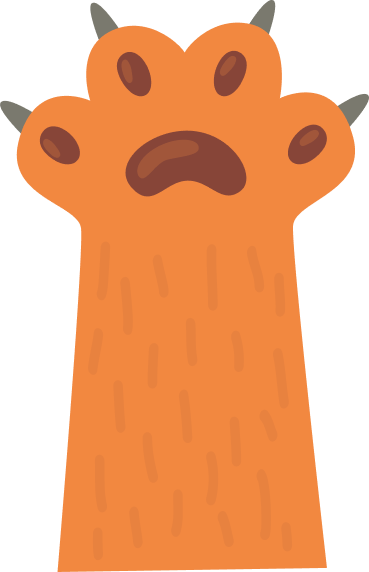Did you know that many common foods humans eat can be dangerous for cats? There’s a wide range of human foods that can make your feline friend sick and should always be avoided in order to keep them safe and healthy, and they’re many of them are pretty prevalent in households. At VitaCat, we’re in the business of helping you keep your cat healthy and happy, so we’ll look at the most commonly known human foods toxic to cats: onions, garlic, grapes, and chocolate. Read on for more information about keeping your cat safe.
Foods to avoid giving your cats: Onions and garlic
One food that cats (and dogs) should absolutely never ingest is onions and garlic. Onions can be life-threatening to cats if consumed in large quantities, as they contain sulfur-containing compounds that can severely damage cats’ red blood cells. Since cats cannot digest the onions and garlic properly and could suffer very serious health complications from doing so, it’s important to make sure they don’t consume onion scraps from a plate or the floor, or any food containing onion or garlic powder, which are common in many dishes. When in doubt, err on the side of caution.
Foods to avoid giving your cats: Grapes
With their sweet taste and cute, tiny size, grapes might seem like harmless additions to your cat's diet. Unfortunately, grapes are a toxic food for cats, containing a compound that can lead to serious complications like renal failure. Even small amounts can cause problems, making it extremely important that cat parents avoid feeding their cats this deceptively dangerous fruit. Grapes should remain firmly on the no-go list when indulging your feline companion with a tasty snack!
Food to avoid giving your cats: Chocolate
Chocolate contains caffeine and theobromine, both compounds that can be lethal to cats. Chocolate toxicity in cats results from ingesting the stimulants found in many different types of chocolate, like semi-sweet and dark chocolate. Even a small amount has the potential to put a cat's health at risk. Symptoms can range from mild gastrointestinal distress (vomiting and diarrhea) to severe cardiac arrhythmias and even seizures or death in extreme cases.
Being mindful of what pet owners put in their cat’s bowls can make all the difference in keeping them happy and healthy. While some cats may be able to consume certain human foods without issue, ultimately the greatest safety lies in feeding cats cat-specific meals, snacks, and chews like VitaCat’s line of healthy cat chews made with safe ingredients like chicken and tuna. To ensure cat health, cat parents should avoid giving cats any food not specifically designed for feline consumption. And if you think your pet has eaten any form of toxic food, contact your veterinarian as soon as possible – it may well save a life!





